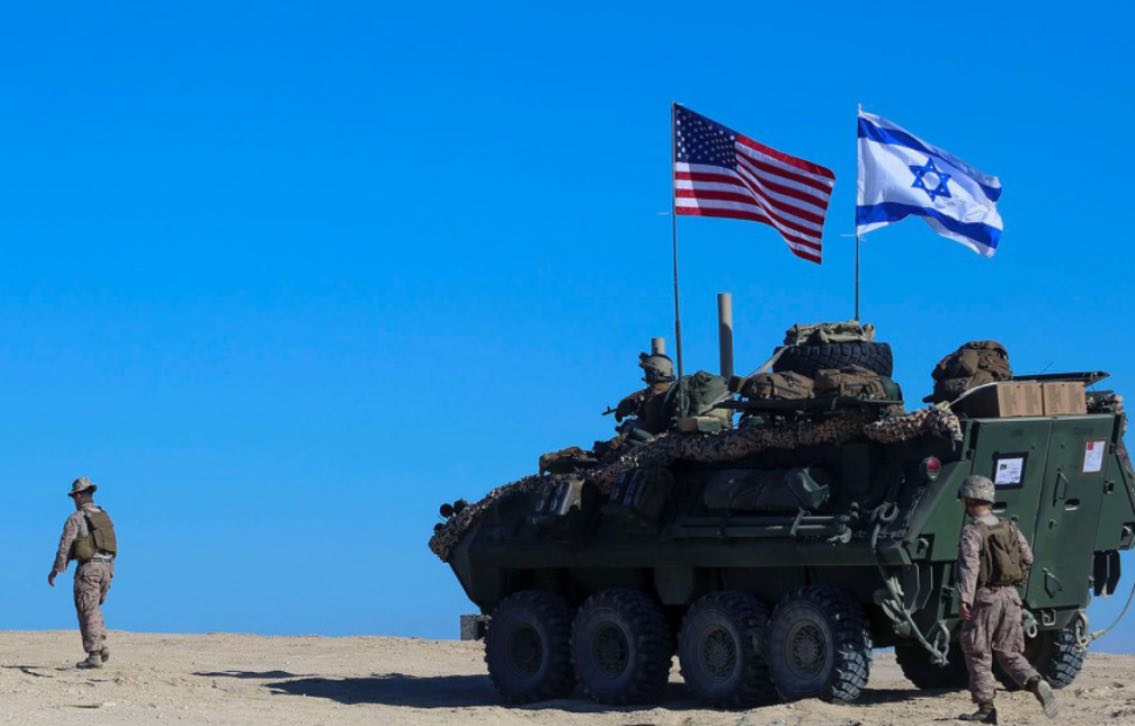Israel will only attack Iran with U.S. support.
Israel will only attack Iran with U.S. support.
According to Western and Israeli officials, Iran is approaching the capability to build a nuclear weapon, which has sounded the alarm for Israel, the United States, and their Sunni Arab allies.
According to the new U.S. administration, Tehran, which has benefited from Joe Biden’s more generous financial and military support, has used this opportunity to advance its weapons program.
In this context, Biden’s Middle East policies, especially appeasement with Iran, are considered a factor in exacerbating this threat.
According to the International Atomic Energy Agency (IAEA), Iran is currently enriching uranium to 60%, which is only a small technical step away from the 90% needed for a nuclear weapon.
Additionally, Iran is developing more advanced centrifuges and increasingly defying IAEA inspections.
These advancements, from the Western perspective, indicate Tehran’s determination to achieve nuclear weapon capability, even if Iranian officials continue to claim that their program is purely for peaceful purposes. For Israel, the existence of a nuclear-armed country in the region poses an existential threat. A nuclear-armed Iran could not only shift the balance of power in the region but also endanger the survival of the Jewish state. Israel has previously demonstrated its willingness to act alone against the nuclear facilities of its enemies, as seen in the 1981 attack on Iraq’s reactor and the 2007 strike on Syria’s facilities. However, Iran’s nuclear program is far more complex and dispersed, requiring a more coordinated effort.
The United States, as Israel’s closest ally, plays a crucial role in this equation.
However, Biden’s policies, including what is claimed to be the release of billions of dollars of Iran’s blocked assets and the easing of sanctions, have allowed Tehran to allocate more resources to its nuclear program and support its proxy groups.
Critics argue that this approach has emboldened Iran rather than containing it.
In contrast, Israel calls for a tougher strategy: intensifying sanctions, diplomatic isolation, and if necessary, direct military action.
Israeli officials have repeatedly warned that if Iran reaches the nuclear threshold, Israel will have no choice but to attack, whether with U.S. support or without it.
However, a successful military operation against Iran’s underground and dispersed facilities would be difficult without U.S. logistical and intelligence support.
The U.S.-Israel alliance in this regard is essential for Israel.
Tel Aviv believes Washington should use its leverage, including military power, economic pressure, and diplomatic influence, to prevent Iran from acquiring a nuclear weapon.
This includes reinstating the maximum pressure policy, bolstering U.S. military presence in the region, and providing unconditional support to Israel in case of military action.
Otherwise, the risk of a broader conflict in the Middle East increases, which could draw global powers into the fray.
Time is running out.
Recent reports indicate that Iran may reach nuclear breakout capability within months, a point where it could quickly produce a nuclear weapon.
This necessitates an immediate and united response from the U.S. and Israel.
Any delay or disagreement could have catastrophic consequences, not only for the region but for global order.
To stop Iran from reaching a nuclear weapon, Israel believes the U.S. must abandon its appeasement approach and act in a united front with Israel.
This alliance is vital not only for Israel’s security but also for Middle Eastern stability and preventing a nuclear arms race in the region.

